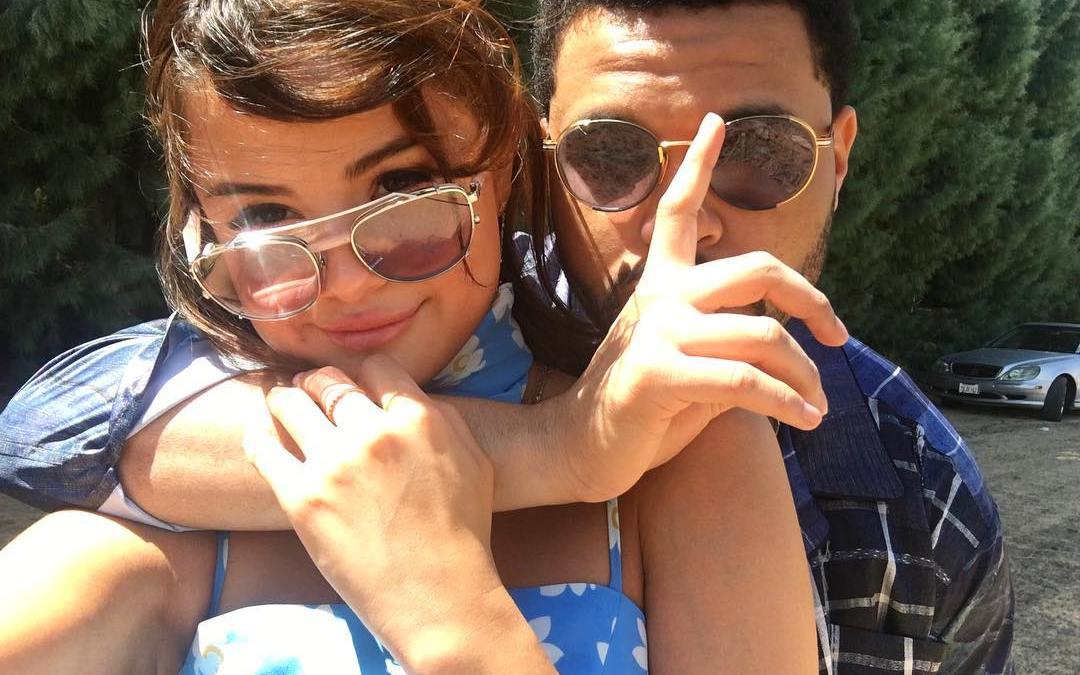

While breakups may be common (pretty much everyone will experience one in their life), they are very rarely pretty.
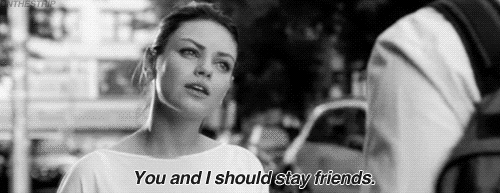
Whether it’s after a couple of months of dating or a few years, it’s never easy to put all your eggs into one basket and have that turn to shit. That’s a lot of commitment, time and energy – but just because it doesn’t eventuate into happily ever after, it doesn’t necessarily mean it was a waste.
You of course learn a lot about yourself and your needs, but sometimes it can be a fair while after the fact. First you’ve gotta get thru the horrendous pain. We spoke to The Indigo Project‘s Founder and Head Psychologist Mary Hoang to find out how to process a relationship breakdown in the best way for your mental wellbeing, because anyone who’s been there knows that is causes quite the upheaval to the ol’ ego.
P.TV: What are the most common internal struggles one faces after a relationship breaks down?
Mary Hoang: It’s normal to have feelings such as being rejected, feeling ‘not good enough’. Most people spend time ruminating on ‘what went wrong’ and how you could have changed things. It’s also quite common to fear dating again and meeting other people, and there’s a fear of the unknown and uncertainty of the future. People often struggle with self-judgement after a relationship breakdown and give themselves a hard time.
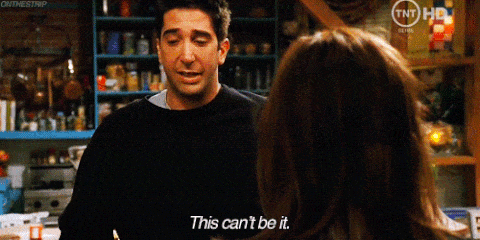
Is it a good or a bad thing to “get back out there” and back into the dating scene after a relationship breakdown?
It’s important to think about the intention behind why you would want to ‘get back out there’ – is it to avoid feeling the sadness of a breakup? To get back at the other person? To not feel alone? I think when we can question our intentions, we can realise why we are doing what we’re doing. I think it’s important to have space between relationships to understand the lessons of what we might need for our next relationship, or how we can work on ourselves in the meantime – being single is a great time to learn more about ourselves and understand our own needs.
Should you delete / block your ex on social media?
I think it’s hard to become ‘friends’ straight away after a relationship – and if it’s hard to not check up on what they’re doing then you should unfollow them or delete them. If you know you’re going to get affected by what you see, and it wasn’t a healthy relationship, I don’t see why you need to keep them on your social media. You can always become ‘friends’ at a later stage when you’ve healed.
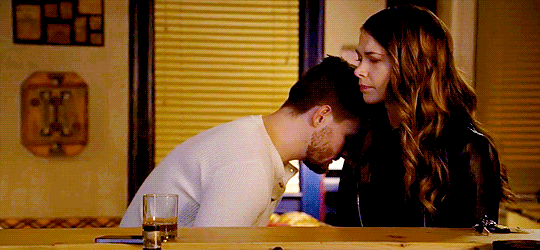
Should you delete photos from your relationship and get rid of things that remind you of them?
I think it’s healthy to ‘let go’, and understand what you are holding on to. I think it can be really symbolic to let go of things that remind you of them so that you can move forward in your life. Keep mementos in a box, stored away and in 6 months decide whether you still want to keep them or not – or give them to goodwill. I think holding onto things symbolises the challenge that people have of letting go of past relationships.
Do you have any tips for processing what exactly went wrong in the relationship?
Understanding how your needs weren’t met is important, as well as understanding if you had expectations that no-one could ever meet. Expecting a partner to ‘make you whole’ isn’t the right objective to have. Even asking yourself if you were ‘ready’ to be in a relationship – and that means asking yourself if you were happy/content within yourself first is important. If your intention to be in a relationship is because you’re at ‘that age’ or ‘everyone’s in relationships’, or you’re trying to fill the ‘lonely void’ then these aren’t good reasons to be seeking a relationship.
What are some common mistakes people make during and after a breakup?
Incessantly checking their social media to see if they’re online, and who they’re talking to and what they’re doing is really unhealthy. Beating yourself up about what you didn’t say or do, and going over things in your head. Not reaching out and talking to friends. Not giving yourself space and time to heal and to understand what went wrong from an objective point of view.
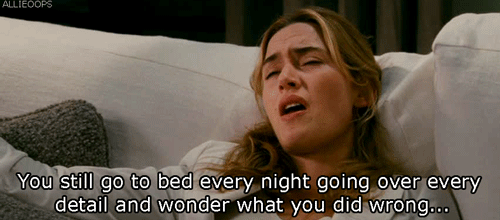
Is it healthy to point fingers for the relationship breakdown, whether that’s towards yourself or the ex?
Blame is really toxic and it doesn’t do anyone any good. Relationships take two to make it work, and it’s important to understand the lessons that you can take personally from it – instead of getting stuck on what they could of done differently.
Is it “normal” to grieve a relationship that has ended?
Absolutely – a relationship that has ended is significant whether it was a destructive break up or one that ended amicably. It’s completely normal to feel lost, confused, anxious, sad, resentful and angry.
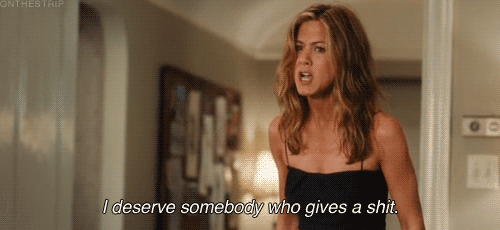
Are there any behaviours one undertakes after a relationship breakdown that could be deemed as problematic, and how can they tackle these?
Self-sabotaging behaviours such as jumping into a new relationship quickly to avoid being lonely or sad [can be problematic]. Let yourself feel all the feelings. Give yourself space and time to acknowledge the impact of the break up. I suggest writing a letter that you don’t send to your ex and to really explain how you feel about what happened and feel the feelings that come up. We can process emotions by feeling them, and avoiding them can mean that it can take longer to get over it.
Checking their social media is really unhealthy – block them, unfollow them and get your friends to keep you accountable to own up if you’ve been incessantly checking. I’ve had clients get their friends to change their passwords for a month so they can’t access their social media just to give them time to stop their compulsive behaviour.
If you’re struggling with a breakup, headspace might be able to help.



